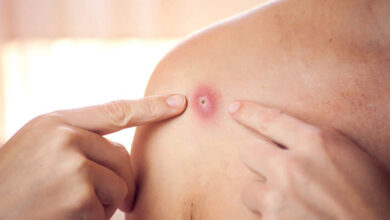Health
Diabetes Risk Factors: Losing Just Six Hours Of Sleep Increases Type-2 Diabetes Risk
Losing a single night’s sleep increases the risk of getting metabolic diseases such as fatty liver and Type-2 diabetes

Having an adequate sleep every night is very important for good health. Well, a new study claims that losing a single night’s sleep increases the risk of getting metabolic diseases such as fatty liver and Type-2 diabetes.
The study, published in the American Journal of Physiology-Endocrinology and Metabolism, claims that losing just six hours of sleep can affect the liver’s ability to produce glucose and process insulin. This, as a result, leads to an increased diabetes risk.
For the purpose of the study, researchers from Toho University in Japan examined two groups of mice. One group was kept awake for six hours each night, while the control group was allowed to sleep as desired. Prior to the study, both the groups were offered unlimited high-fat food and sugar water, mimicking the same food choices that people make. Furthermore, the animals had limited opportunity for physical activity during the sleep/wake period.
At the end of the study, the researchers measured the two group’s glucose levels and fat content of the liver. It was found that the blood glucose levels were significantly higher in the sleep deprivation group as compared to the other group after one six-hour session of wakefulness.
Furthermore, Triglyceride (fat) levels and the production of glucose in the liver also increased in the sleep deprivation group after a single wake period, which is an early warning sign of diabetes.
Notably, higher levels of triglycerides have been found to be associated with insulin resistance, which is the inability of the body to be able to process insulin properly. Also, in the mice which were deprived of sleep, lack of sleep changed the expression of enzymes which regulate metabolism in the liver.
The researchers suggested that more studies designed to prevent sleep deprivation-induced hepatic steatosis and insulin resistance should be done in the future.






